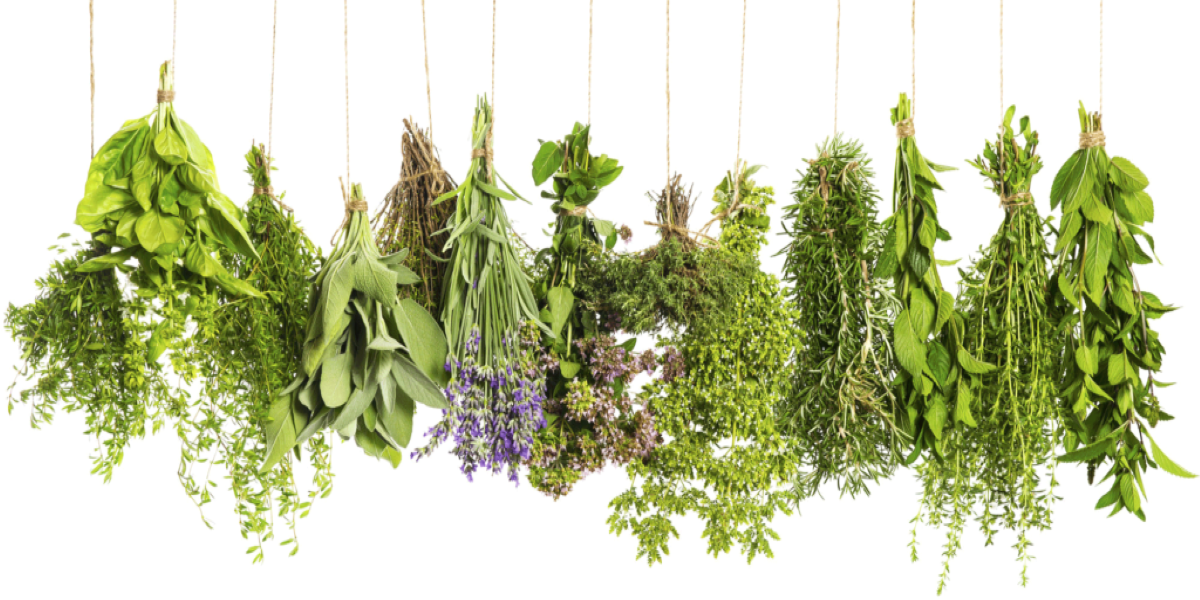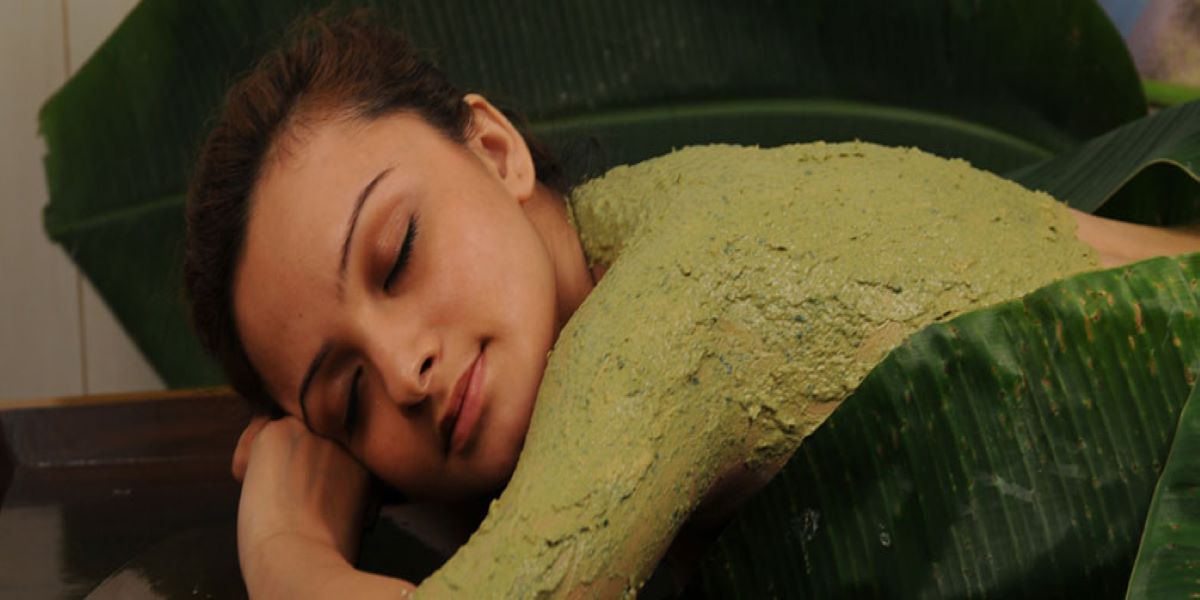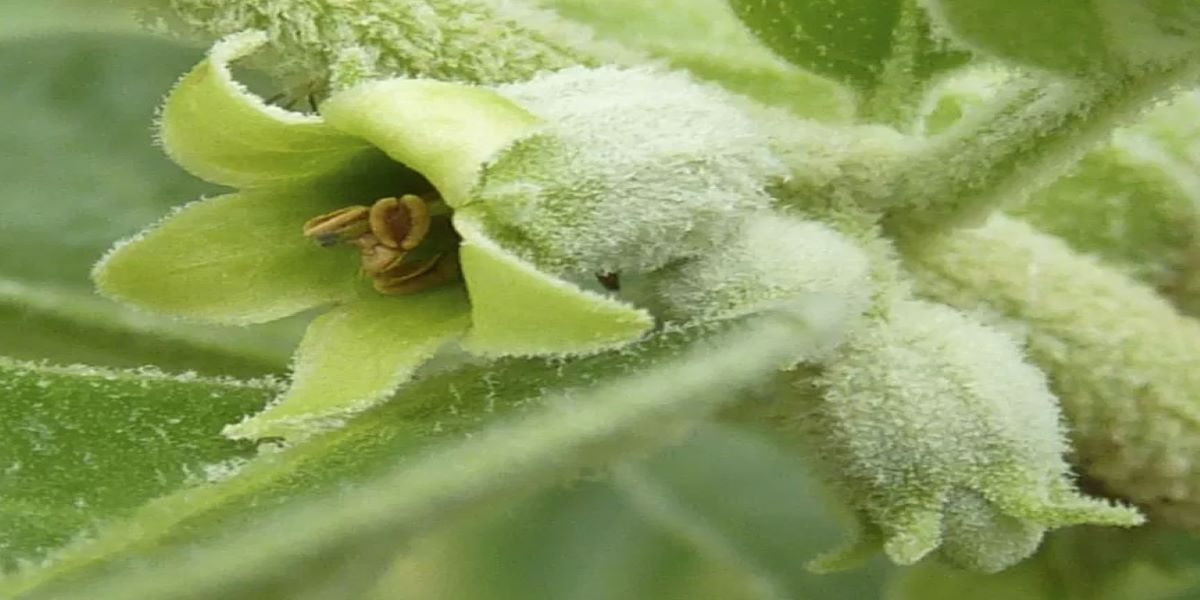Ayurveda in Sri Lanka, also known as indigenous medicine of Sri Lanka (Hela Wedakama), is an ancient knowledge tradition of healthcare and healing methods that have been passed down through generations of local people’s cultural history. Indigenous medical knowledge and practices have been passed down throughout the nation from generation to generation. And they serve as culturally bonded reservoirs of ancestral learning that have endured through the ages.
As a sector-specific ICH output, Ayurveda in Sri Lanka demonstrates a high level of representation of most of the ICH aspects related to livelihoods and craftsmanship linked with the indigenous medical sector. To depict Sri Lanka’s rich cultural heritage and its traditional identities in indigenous medicine, captions, and tales should be chosen that are real and true to the country’s history.
History of Sri Lanka’s Ayurveda
The ancient rulers who ensured its existence and longevity were also great doctors. Sri Lankan doctors continue to consult it as a source of information. Most traditional medicine practitioners still worship King Ravana to get permission to begin treating patients or creating medicines in accordance with the old customs. Hence, some think that “Hela Wedakama” is derived from him.
Inscriptions on rock surfaces dating back thousands of years suggest that organized medical services have existed in the nation for hundreds of years. On the contrary, Sri Lanka claims to be the world’s first country to have created specialized clinics with the capacity to perform procedures on animals and human beings. Many historians consider the remnants of the world’s first hospital may still be seen on the Sri Lankan mountain Mihintale. Tourists go to old hospital sites to marvel at the architectural splendor of the ruins. These locations have come to represent the traditional feeling of healing and care that was so widespread throughout that time period.

Herbals are one of the primary elements of Sri Lankan Ayurveda
The ancient technique of collecting from medicinal trees is an art that retains the restorative powers inherent in green medicine. The worship tradition and honoring medicinal plants are widely acknowledged as cultural norms. As a result, natural therapeutic qualities are maintained throughout the production process. A long-standing tradition, the harvesting of medicinal plants from natural environments while maintaining their therapeutic virtues, has been carried out by the healer himself for thousands of years.
Natural healing capabilities inherent in plants and the blessings of heavenly energies residing in trees are revered by indigenous medicinal practitioners, who honor nature’s therapeutic virtues embedded in plants. Following the completion of a specific rite, they think that such sections of a plant should be harvested. In this rite, it is said that the deities who reside in the tree have been granted permission.
A significant phase in the production of medicinal formulations and treatment facilities managed by indigenous medical practitioners is the separation of medicinal raw materials.
As part of their recovery ritual, patients may perform this procedure on themselves from time to time. By touching the same medication before administering it, the patients’ unique manner of picking and sorting medicine would have a more positive influence on them than otherwise.

Processing raw materials in Ayurveda Sri Lanka
Medicinal preparations such as decoctions, oils, powders, pastes, tablets, and other concoctions of high quality are made possible via raw materials. According to the old belief system, manual processing results in greater effectiveness of medications. It is thus preferable to do all the processing manually by Sri Lankan Ayurveda practitioners.
When it comes to producing medication, practitioners believe that they should seek permission from divine powers, and they give oblations in exchange for protection and improved effectiveness of the medicine. They choose an auspicious day and time for presenting the oblations, including detailed recitations in the ceremony. These types of ICH activities demonstrate the relationship between nature and civilization in a major way.
Practitioners perform magical rituals to safeguard medical products from evil or demonic powers. Their mantras and pirith are said to generate good energy and attract friendly celestial powers who will guard the medication. Pirith chanting and mantra recitation are also said to have therapeutic properties, although this is not conclusive.
Book Your Ayurveda Wellness Tour With Us
What Can Sri Lanka Ayurveda Cure?
1. Ayurveda for weight loss
People who are obese or overweight may benefit from Ayurvedic treatments that help them lose weight and maintain their health. A combination of Udwarthanam, Abhyanga, and herbal steam baths assists in mobilizing fat deposits, while a targeted diet and yoga practice keep them from forming further. Udwarthanam is a deep, dry massage using herbal powders and pastes.
In addition, appropriate Panchakarma treatments are delivered according to the person’s needs. These are carried out in accordance with the practitioner’s advice and the presence of specialists.
2. Ayurvedic treatment for arthritis
In a 2011 study published in the International Journal of Ayurveda Research, 290 patients with RA were followed over seven years in a study published in the International Journal of Ayurveda Research: Trusted Source. The researchers used Ayurvedic medicines to treat them.
According to the research findings, even patients with severe RA had benefits, including a decrease in inflammation and discomfort levels. However, since the research did not include a control group, it isn’t easy to corroborate the study’s findings.
Other, smaller case studies provide credence to the use of Ayurveda in the treatment of people suffering from RA.

3. Sri Lanka Ayurveda for Management of Gastritis
Treatment for gastritis in modern medicine often consists of taking antacids and other medications that lower stomach acid production. These drugs will aid in the relief of symptoms and the promotion of recovery. Your doctor will prescribe antibiotics if you have gastritis caused by Helicobacter pylori. Gastritis is treated in an Ayurvedic manner by reducing inflamed bodily energies and re-establishing the digestive fire via cooling herbal medicines and a Pitta-pacifying diet. It has also been shown that Ayurvedic treatments for stress management are useful in treating this illness.
Food plans, daily regimens, yoga that includes Asana, Pranayama, and meditation, and a complete Panchakarma (detoxification) program, which will help you to remove toxins from your body and improve your metabolism, as well as rejuvenation treatments, are all recommended by Ayurveda for recovering from illness.
4. The Use of Ayurveda in the Treatment of Cancer
Researchers have discovered that certain Ayurvedic remedies may be effective in alleviating cancer symptoms. It may also positively impact one’s overall quality of life. Massage, for example, may help you relax and reduce stress levels. Meditation has decreased anxiety, lowered blood pressure, and improved overall well-being in studies.
According to research, yoga has been proven to help cancer patients sleep better. It also has a calming effect on patients with breast or prostate cancer.
Ayurvedic medicine makes use of over 200 different herbs and plants. Researchers have investigated several chemicals used in Ayurvedic therapy in the laboratory. They were put through their paces on animals.
They discovered that some of them may delay cancer’s progression in animals.
What is the progression of the treatment?
Your practitioner’s goal will be to help you regain or maintain your health and well-being as much as possible. There are several elements that they will consider to achieve this goal. They will gather information about your medical history and your doshas to arrange your therapy.
During the examination, they will inspect the inside of your mouth and eyes, as well as the inside of your ears, nose, and tongue. The backchannel (rectum) and genital region may also be examined. They will examine your lungs and heart, as well as test your blood pressure. They will likely question you about your feelings and interactions with other individuals. They will even consider the time of day and the season in which you are.
Then they’ll go over the treatments they believe will be the most beneficial for you.
Some practitioners may prescribe that you get rid of toxins from your system. They could be able to help with bowel cleansing (intestines). They do this by injecting a substance into your back tube (enemas). Alternatively, they may recommend taking medications to help the bowels move more rapidly (laxatives).
Herbs that are very effective in Sri Lankan Ayurveda
A key component of this method is Ayurvedic herbs and spices. They’re believed to protect your body from illness and provide several health advantages, including enhanced digestion and mental wellness, among other things.
1. Ashwagandha (Indian ginseng)
Ashwagandha (Withania Somnifera) is a tiny woody shrub widely available in Sri Lanka. It is used to treat a variety of ailments. Herbs like these are used to make an Ayurvedic medicine that is quite popular.
It is classified as an adaptogen, which means it is thought to assist your body in better stress management. According to research, it has been demonstrated to lower cortisol levels, a stress hormone produced by your adrenal glands in response to stress.

2. Triphala
According to the Ayurvedic tradition, Triphala is a medicine made out of the three little medicinal fruits listed below:
- Amla (Emblica Officinalis, or Indian gooseberry)
- Bibhitaki (Terminalia bellirica)
- Haritaki (Terminalia chebula)
Triphala seems to have anti-inflammatory properties that may help to lessen the inflammation produced by arthritis and the ability to prevent or inhibit the development of some forms of cancer in test tubes and animals.
3. Cumin
Originally from the Mediterranean and Southwest Asia, cumin is a spice used in various recipes. Known for its characteristic earthy, nutty, and spicy taste, it is manufactured from the seeds of the Cuminum cyminum plant.
According to research, cumin may increase the activity of digestive enzymes and enable the flow of bile from the liver, thus speeding up digestion and simplifying the digestion of lipids, among other things.
Research suggests that ayurvedic spices have also been associated with a reduction in symptoms of irritable bowel syndrome (IBS), such as stomach discomfort and bloating.
4. Gotu kola
Another prominent Ayurvedic treatment is Gotu kola (Centella Asiatica), also known as “the plant of longevity.” Water-loving plants with fan-shaped green leaves that thrive in and near water are used to make this product. It has no flavor or odor.
According to one study, Gotu kola supplements may help patients who have had strokes recall their memories more clearly.
Furthermore, according to the researchers, in one study, people with generalized anxiety disorder experienced decreased tension, anxiety, and sadness after substituting Gotu kola for their antidepressants for 60 days.
5. Cardamom
Cardamom (Elettaria cardamomum), sometimes known as the “queen of spices,” has been used in Ayurvedic medicine since ancient times and is considered a member of the ginger family.
According to recent research, cardamom powder may be beneficial in lowering blood pressure in people who have high levels. It’s possible that exercising while inhaling cardamom essential oil would boost oxygen intake in the lungs.
Cardamom may also help defend against the Helicobacter pylori bacterium, the most frequent cause of stomach ulcers. According to the study, it has been shown to decrease the size of gastric ulcers by at least 50% and even eliminate them in test tubes and animals.
Sri Lanka Ayurveda Tours with Overa Tours
Ayurvedic tours in Sri Lanka may help you heal your mind, body, and spirit, and they are the ideal health getaways for you. If you have an illness that Sri Lanka Ayurveda treatments can help you keep under control, contact us today. We can also blend Sri Lanka Ayurveda tours with other holiday plans in Sri Lanka.

